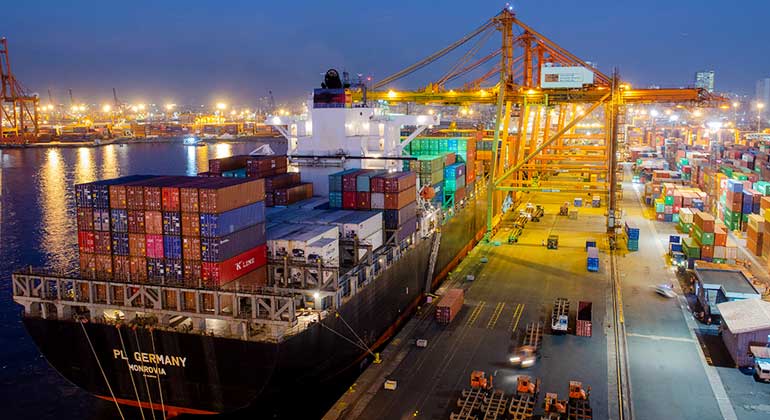
EXPORTERS need to maximize their trade privileges for goods shipped to the United States due to the prospect of making inroads into the market currently served by Thailand after the kingdom’s tariff perks were suspended, a trade official said.
“We export a lot of products similar to Thailand’s. So we should look into this,” Philippine Trade and Investment Commercial Counsellor Raymond Albert H. Batac said in an online conference organized by Philexport Tuesday.
Both the Philippines and Thailand can export to the US on a reduced-tariff basis under the Generalized System of Preferences (GSP) scheme. But around a sixth of Thailand’s GSP benefits were suspended by Washington last month over a dispute concerning access to the Thai market of US pork products. The revoked trade privileges represented $817 million worth of US imports under GSP last year, the office of the United States Trade Representative (USTR) said in a statement.
“The list of products to be excluded from GSP for Thailand is focused on products for which the United States is a relatively important market for Thailand but where Thailand accounts for a relatively small share of US imports,” the USTR said.
The list included agricultural products, iron or steel, and vehicle parts.
Philippine GSP exports to the US last year totaled $1.6 billion, Mr. Batac said. Top exports to the US under these trade privileges include coconut oil, pineapples, crab meat, coconuts, fruit juice, and frozen tuna fillets.
He estimated that $654 million worth of exports that could have been duty-free did not avail of the scheme.
“This is something that I would really encourage our exporters (to look into) — talk to your importers, tell them ‘hey are my products GSP?’ because if they are then your importers may be able to purchase more or you can export more of your products because they are duty-free,” he said.
The US decision on Thailand’s GSP access will be effective on Dec. 30.
The USTR last year announced the suspension of around a third of GSP trade preferences for Thailand over Bangkok’s failure to comply with internationally recognized worker rights. — Jenina P. Ibanez
